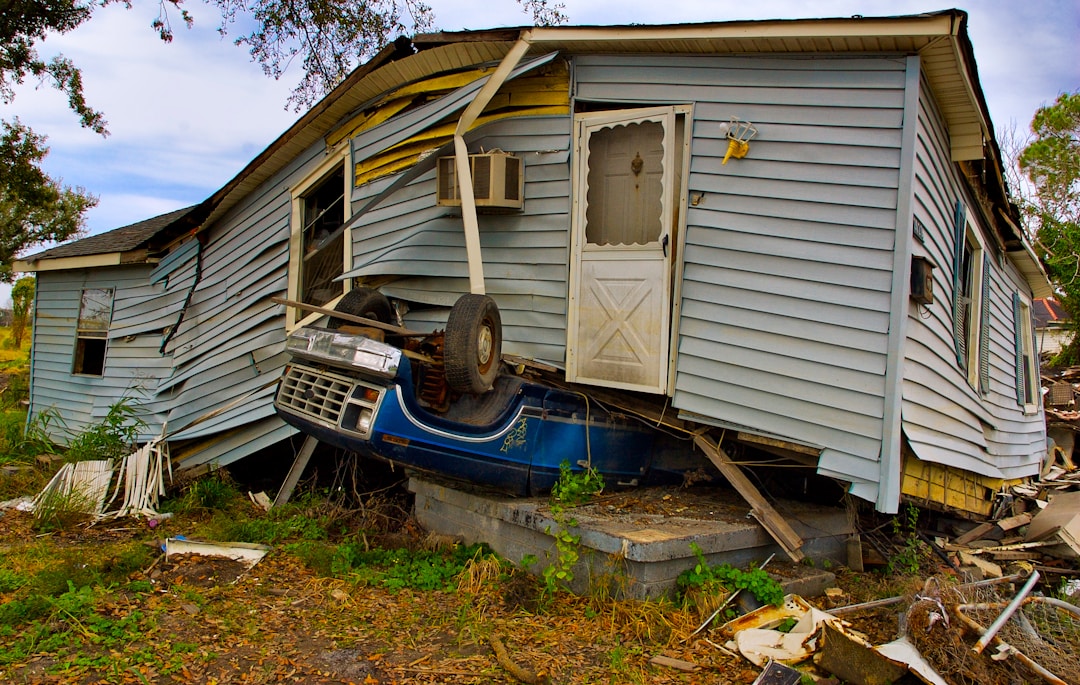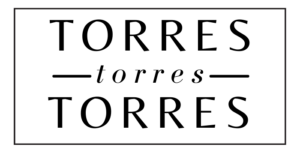With a huge boom happening in the real estate market, more people than ever are becoming homeowners. For new homeowners, it’s important to get a strong handle on finances to keep good credit and to have peace of mind. If you’ve recently bought a home or are a homeowner looking at ways to manage your hard-earned cash, read on.
Upgrading Major Systems

As a homeowner, you already know how expensive home repair can be. One of the best ways to save your paycheck is to stay on top of regular maintenance and repair schedules. If you took the money and time to invest in a new HVAC system, you’ll want to keep it working well for years to come. In working with a company that installed your new HVAC system, for example, to do regular maintenance on your heating and cooling system, you’ll be assured your warranties will stay good, and you won’t need to spend a lot down the road.
For people who are moving into older homes, one way to save money might be to invest in an upgrade to your major systems. Whether this means solar panels to save on the energy bill long-term, a new ventilation or AC system, or a roofing job, spending the money to upgrade now could save you in the long run.
Considering Investments and Financial Opportunities

If you’re like many people, knowing how to manage your finances can feel overwhelming. The reality is that knowing all you can about how credit scores work, what you can do to help your personal budget, and the right amount to invest in retirement savings and an emergency fund is extremely important for someone who owns a home. Your home is your safe place, which means you have a lot to lose if something goes wrong.
Consider talking to a financial advisor or the manager at your local bank to learn more about investment options that could help increase your financial awareness. By understanding your financial options, you’ll be putting yourself in the position of more money in your pocket down the road.
Making a Budget

One of the best things you can do for yourself as a new homeowner is to develop a budget early into your homeownership. Think about writing down a list of all the things you spend money on each month. From utilities to food and your mortgage payment, keep receipts for all of your expenditures. For many people, it takes a few months of collecting receipts to get a better idea of where their money goes by the end of the month. Once you’ve collected this information, consider ways you could cut costs. Something as simple as making a morning coffee at home versus buying it on the road could add up to more money you can put back into your home.
Saving for Disaster or Emergency

Even with the best homeowners insurance policy, it’s a good idea to have a solid savings account in case of an emergency. In the event of a layoff or job termination, you’ll want to be sure you can pay your mortgage. If you do have problems, it’s a good idea to contact your financial institution early on and be transparent about your emergency situation.
At the end of the day, your money is your own. How you decide to pay credit cards, if you only pay minimum payments, and whether or not you choose to pay high energy bills or use coupons for your groceries are personal decisions that will be different for everyone. However, in order to know you’re financially secure and will be able to make those mortgage payments on time, it’s a good idea to take a closer look at how you’re spending money now. Getting control of your finances and creating a solid budget is a great way to put yourself in the position of enjoying your home versus worrying.









